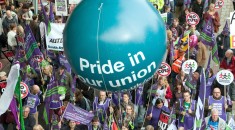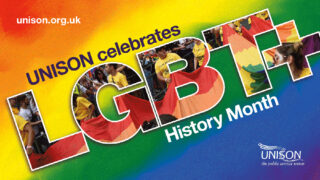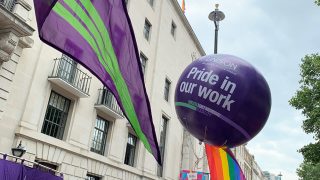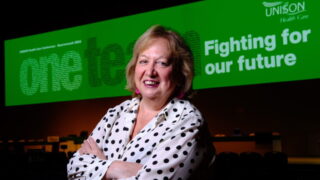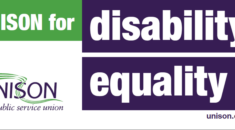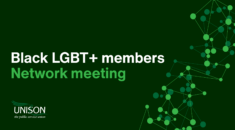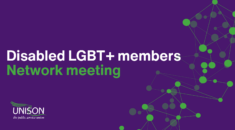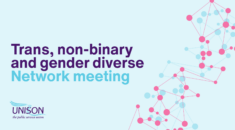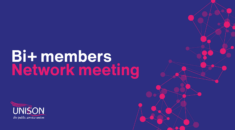At the end of LGBT History month, UNISON has issued new guidance for those who want to act as ‘allies’ to LGBT+ people
The union’s efforts come in the light of increasingly disturbing figures that show a rise in discrimination against the LGBT+ community.
While the rate of prosecution has dropped from 20% to 8%, the number of homophobic attacks has doubled and the number of transphobic attacks has tripled.
The Home Office’s own hate crime statistics for 2018/19, released in October last year, also showed a 10% increase anti-LGBT attacks in England and Wales, compared to the previous year.
The UK’s specialist LGBT+ anti-violence charity, Galop has also issued a report – Hate Crime Report 2019: Attitudes to LGBT+ people in the UK – that makes sobering reading.
In his introduction to the report, Galop head of hate crime services, Nick Antjoule, stated: “Despite most people in this UK poll voicing support for LGBT+ people, a significant proportion still think we are dangerous, immoral or that we can be ‘cured’.
“More importantly, it offers a sobering reminder that progress achieved in recent decades can easily be reversed. Young people polled tended to hold more negative views toward LGBT+ people than other age groups.”
Specifically, the research found that one in five people described being LGBT+ as ‘immoral or against their beliefs’. Perhaps the finding of greatest concern is that this rose to one in four among 18-24-year olds – higher than in other age groups.
One in 10 people said that LGBT+ people were ‘dangerous’ to others; one in 10 people said that being LGBT+ could be ‘cured’.
Around three in five people were positive about having LGBT+ neighbours. One in five people showed reluctance to the idea of having LGB+ neighbours and more than one in four to having trans neighbours.
In its latest Online Hate Crime Report 2020, Galop found that:
- eight in 10 LGBT+ people had experienced online abuse;
- among those targeted, five in 10 had experienced online hate more than 20 times. One in 5 had experienced more than 100 incidents;
- six in 10 were threatened with physical violence, while four in 10 received death threats or threats of sexual violence.
The TUC has found that 68% of LGBT+ people in the UK have been sexually harassed at work: the rate is 37% in the general population. LGBT+ rights is very much a workplace issue.
Be an ally
Against this background, UNISON is not standing still. As part of our work, we’re helping to develop and encourage people to be allies – supportive friends – for their LGBT+ colleagues.
Allies are an important way to help ensure that LGBT+ people are not alone when challenging inequality or prejudice in the workplace.
Our latest guidance is specifically aimed at being an ally to bi+ people but we’ve also produced a guide to being an ally of trans people too.
And the union is now working on training for being an ally to LGBT+ people in general – watch out for more news on this.
Discover more – and access many more resources – at www.unison.org.uk/out and www.galop.org.uk


